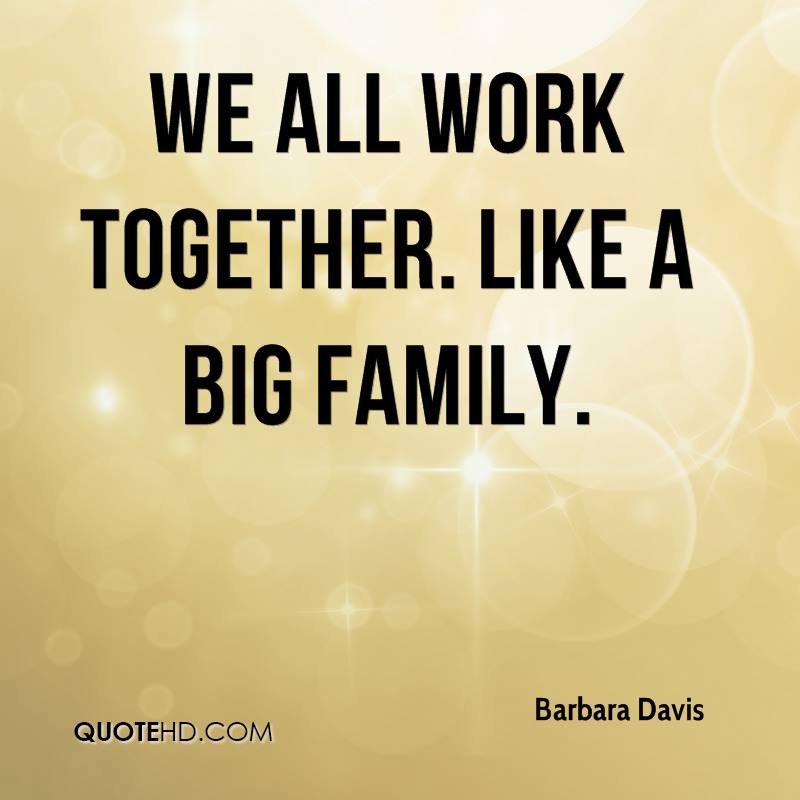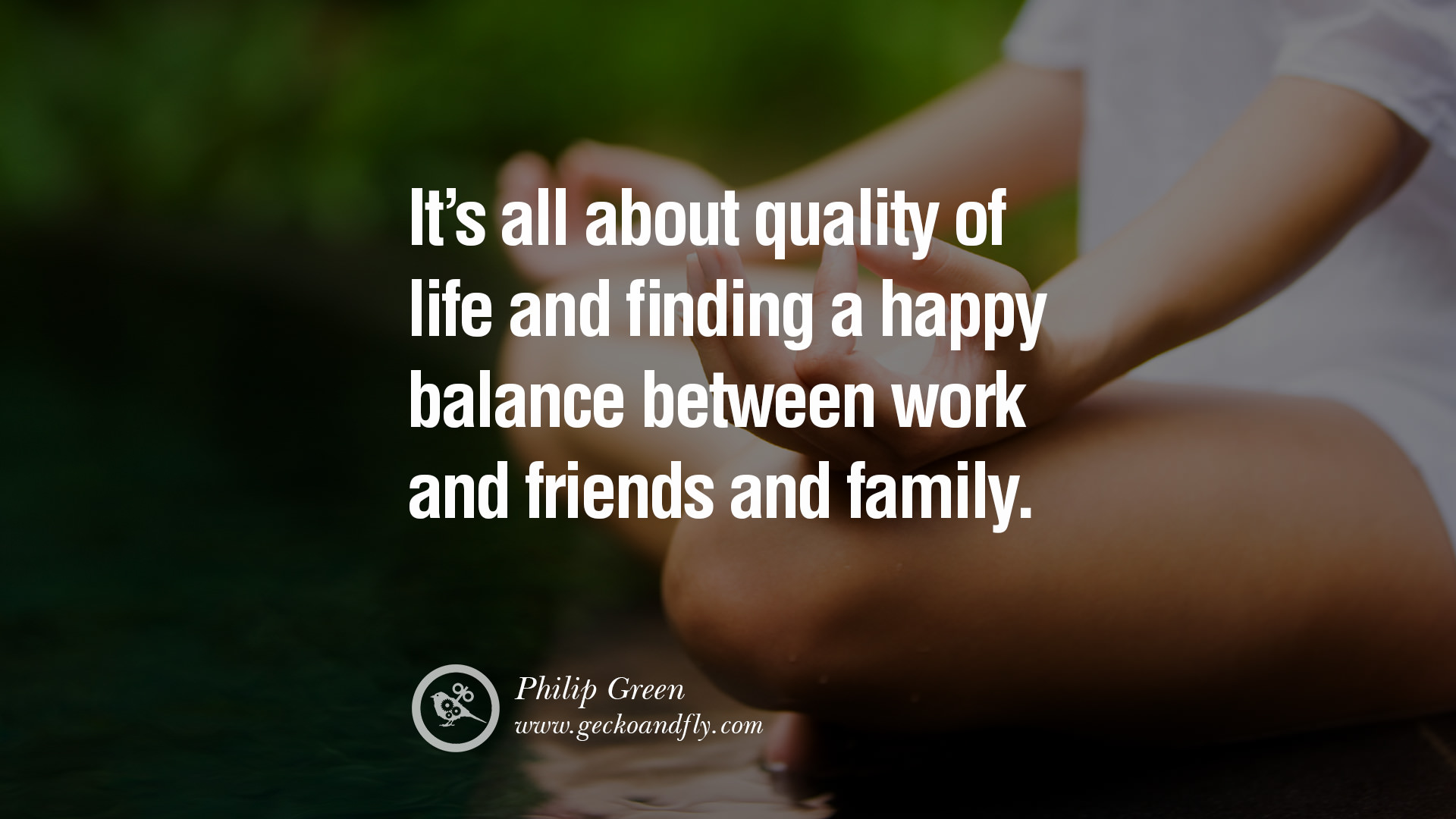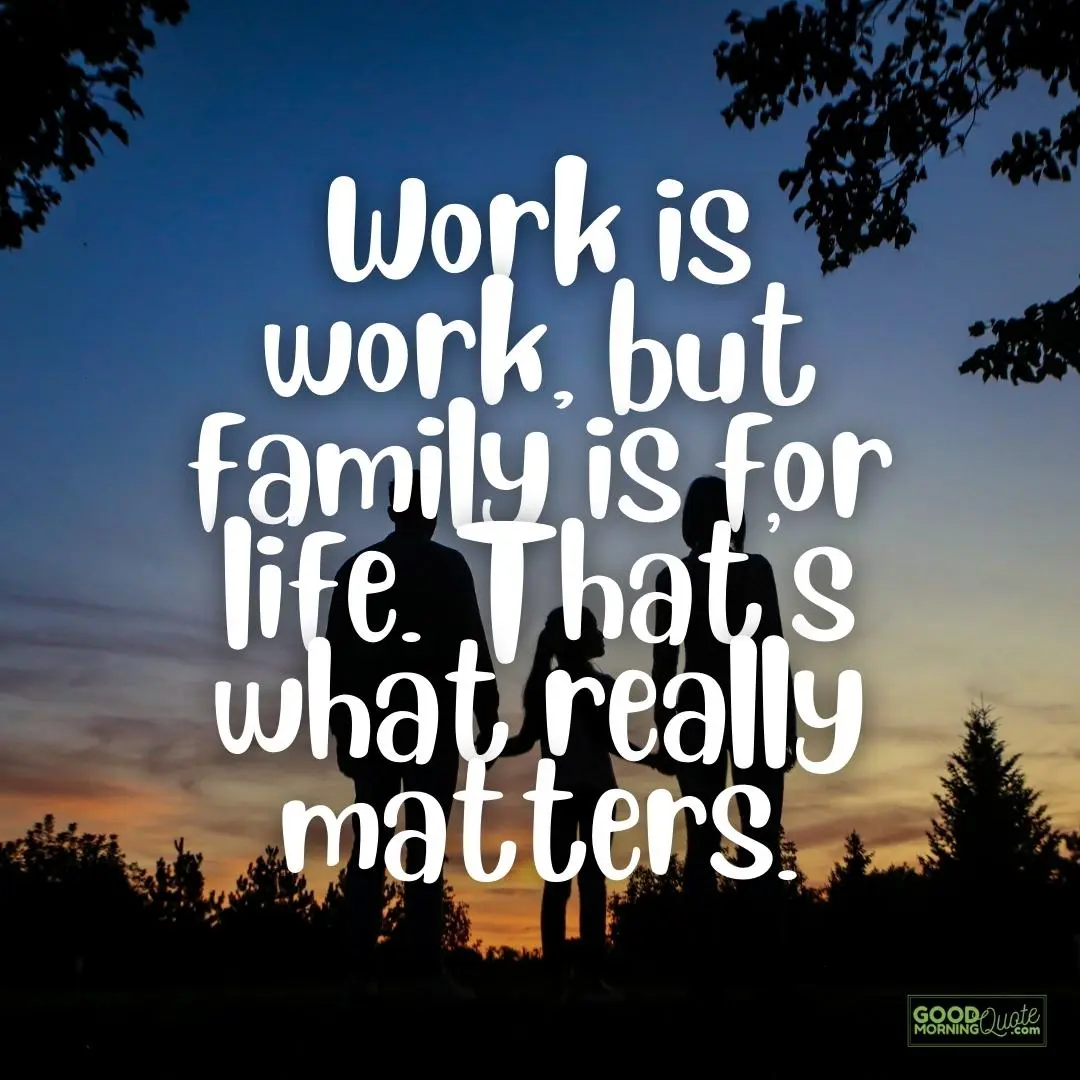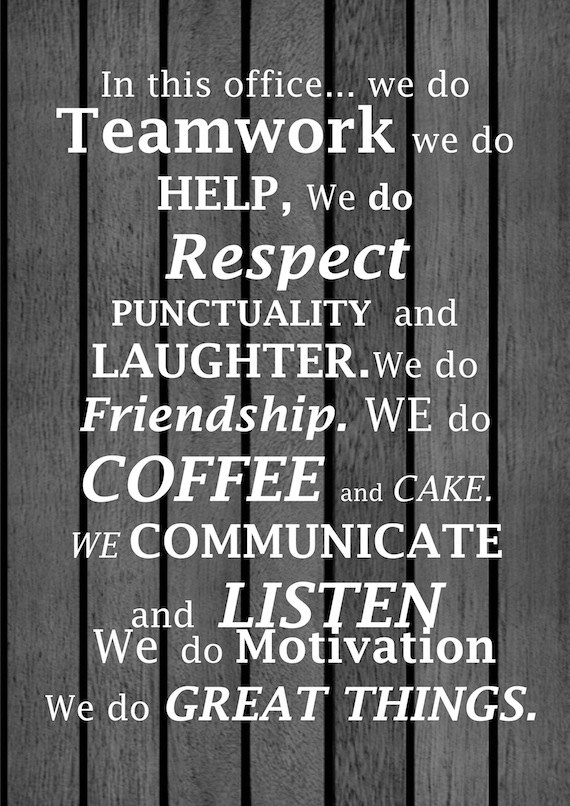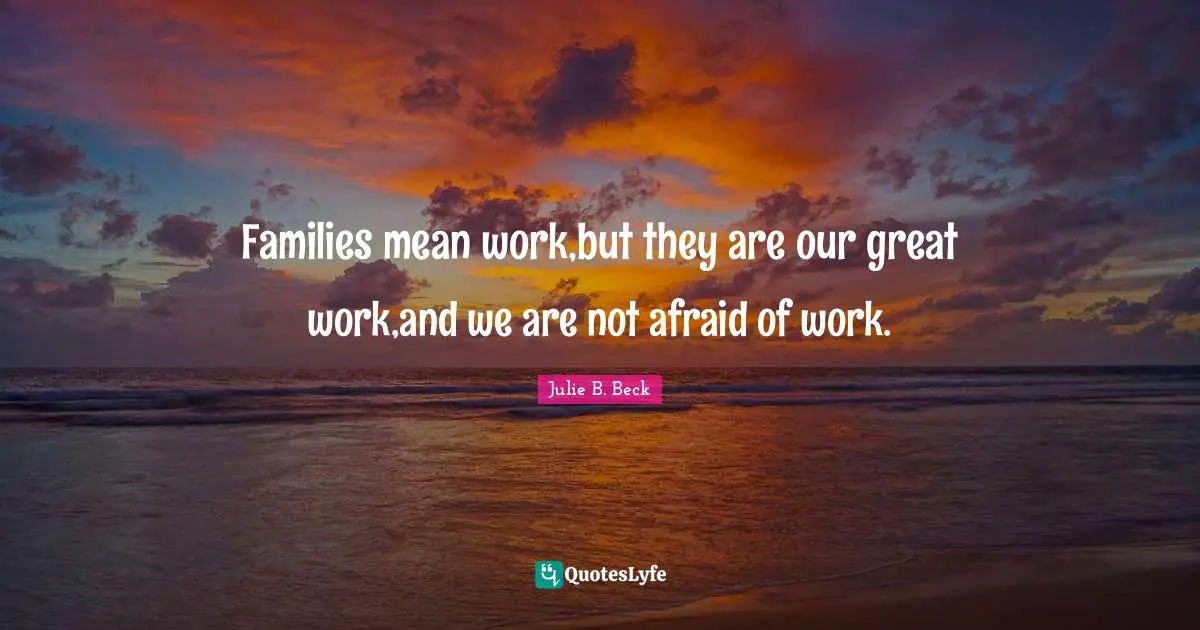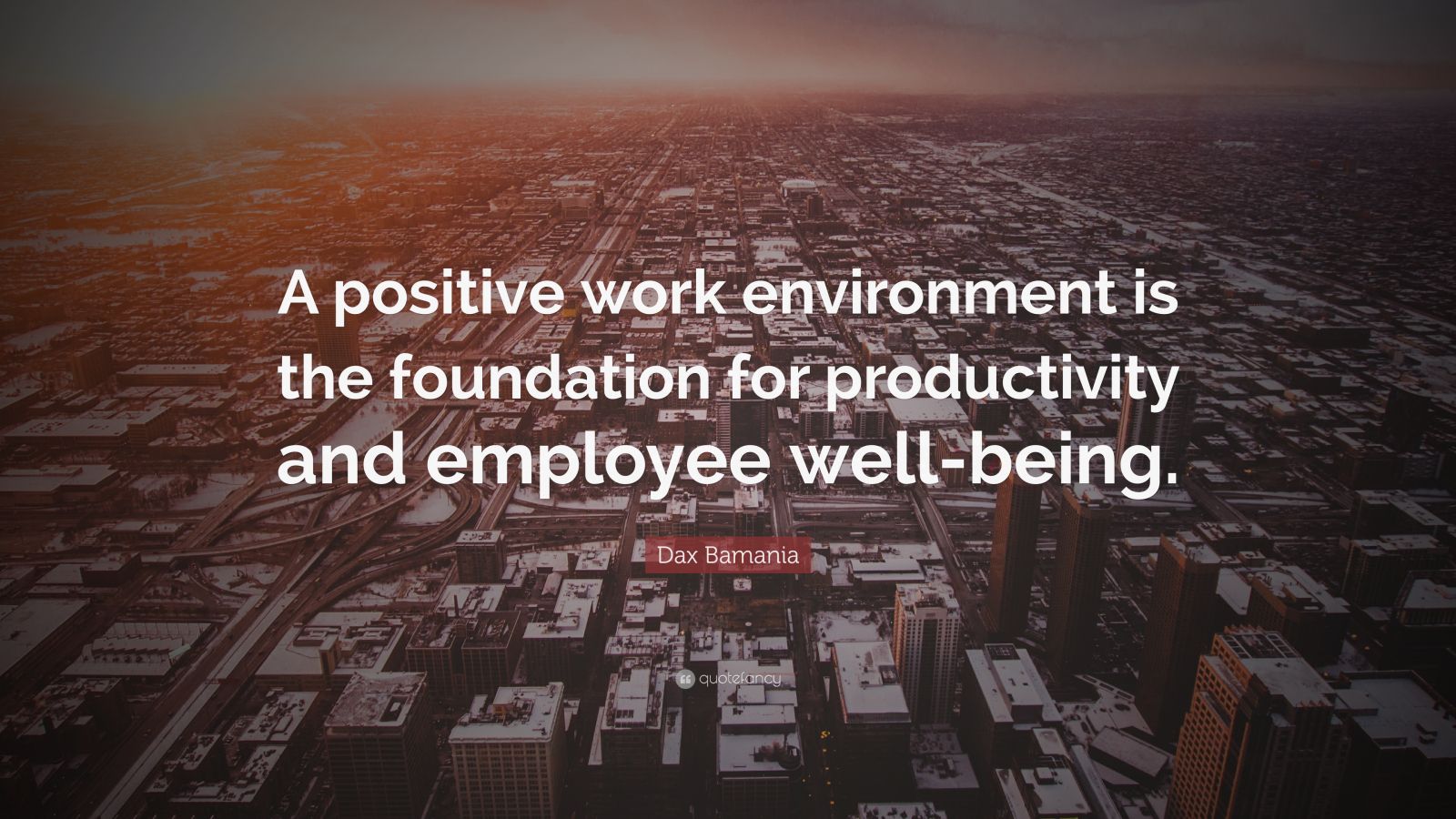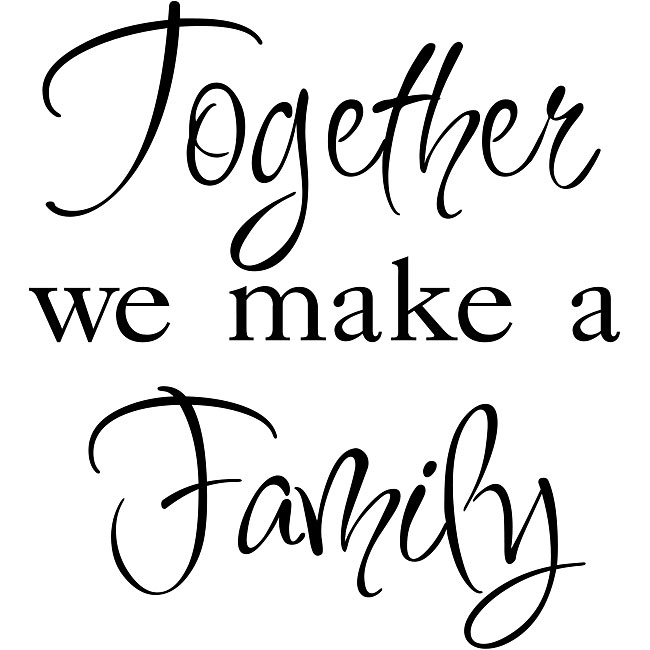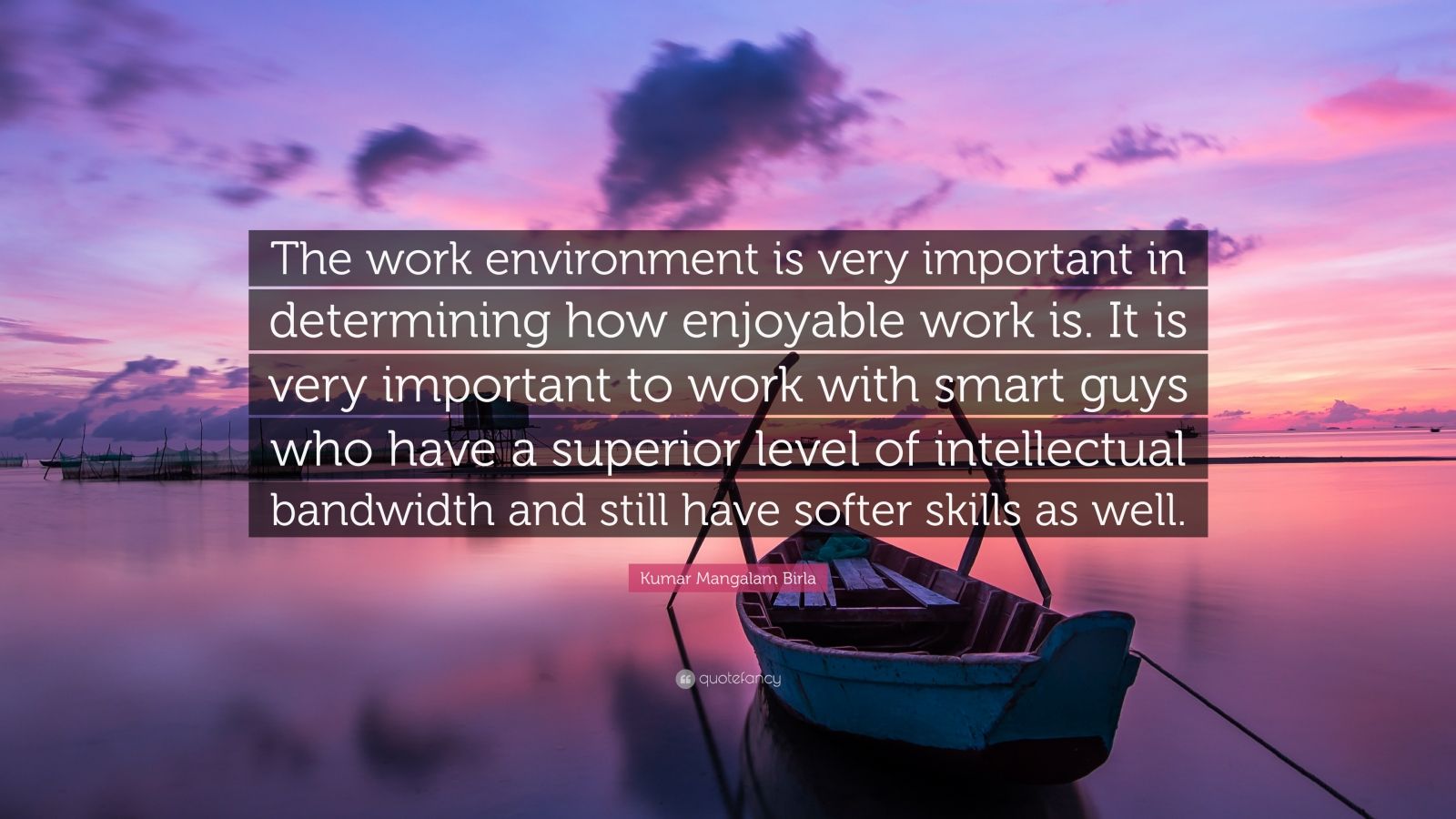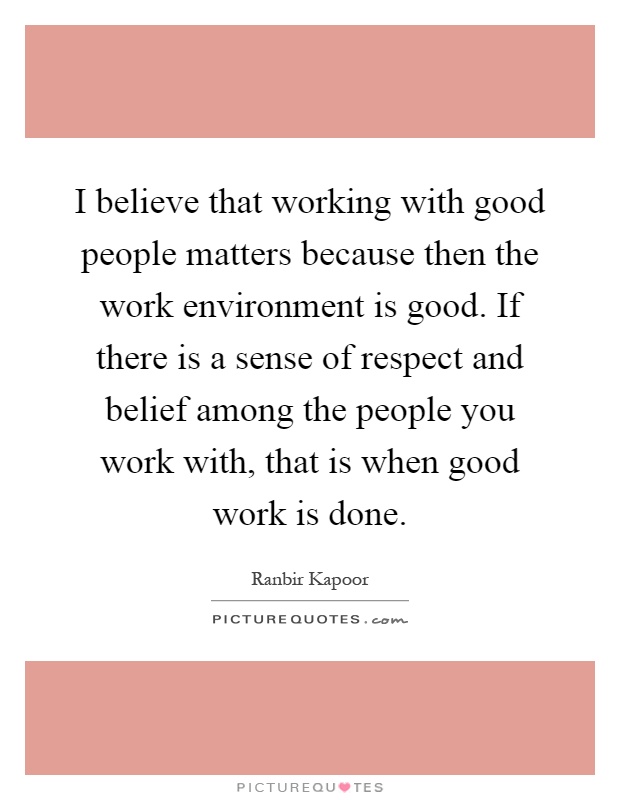Family-like Working Environment Quotes
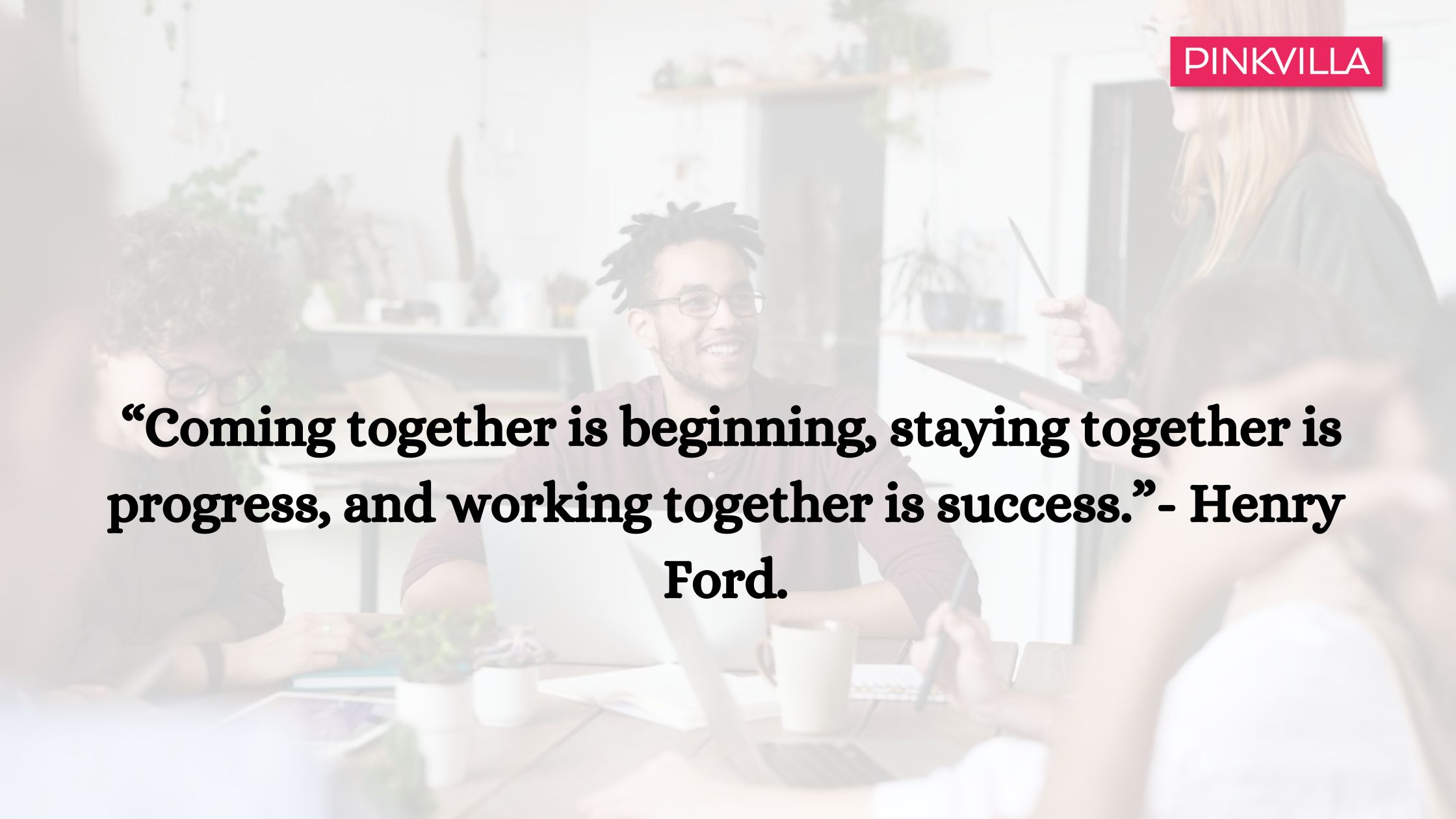
The phrase “We’re like a family here” has become ubiquitous in job postings and company culture descriptions. But increasingly, employees are questioning the authenticity and implications of such claims, revealing a complex reality behind the seemingly comforting words.
Beneath the surface of this popular mantra lies a multifaceted issue: the potential for exploitation, blurred boundaries, and the weaponization of emotional bonds in the workplace. This article examines the prevalence of the "family-like" work environment trope, exploring its potential pitfalls and the growing scrutiny it faces from workers and labor experts alike. We'll delve into how this seemingly positive sentiment can mask unhealthy dynamics, leading to burnout, pressure, and a lack of work-life balance, while also considering whether, in some cases, the "family" analogy can genuinely foster a supportive and productive atmosphere. We’ll explore data, expert opinions, and real-world examples to understand the nuanced truth behind this common workplace claim.
The Allure and the Illusion
The appeal of a "family-like" work environment is undeniable. It suggests a supportive, collaborative, and understanding atmosphere, where colleagues are more than just coworkers.
Companies often tout this culture to attract and retain talent, promising a sense of belonging and shared purpose. Indeed, a leading job site, found that job postings mentioning "teamwork" or "collaboration" receive significantly more applications, reflecting the demand for connection in the workplace.
However, this ideal often clashes with reality. The very nature of a family dynamic can be easily manipulated, leading to unrealistic expectations and an erosion of professional boundaries.
Exploitation Under the Guise of Kinship
One of the most common criticisms of the "family" analogy is its potential to mask exploitation. Employers might leverage the perceived loyalty and emotional connection to pressure employees into working longer hours, accepting lower pay, or tolerating unacceptable behavior.
As explained by Professor Sarah Jaffe, author of "Work Won't Love You Back," the familial framing can guilt employees into prioritizing work over their personal lives. The pressure to be a "good family member" can override individual needs and well-being.
This can manifest as pressure to take on extra tasks, work during vacations, or remain silent about concerns for fear of disrupting the "family" harmony. The lines between personal and professional life become increasingly blurred.
The Blurring of Boundaries
Healthy boundaries are crucial for a sustainable and productive work environment. When a workplace promotes itself as a "family," these boundaries can become dangerously indistinct.
Employees may feel pressured to share personal details, engage in after-hours socializing, or involve themselves in coworkers' personal issues. This can lead to emotional exhaustion and resentment.
According to a Gallup poll, employees who report feeling emotionally drained at work are significantly less productive and more likely to experience burnout. The pressure to maintain a facade of familial closeness can contribute to this emotional strain.
Alternative Perspectives: When "Family" Works
Despite the potential pitfalls, there are instances where a "family-like" culture can genuinely foster a positive and supportive environment. This often occurs in small, closely-knit teams where genuine relationships develop organically.
In these cases, the sense of belonging and mutual support can lead to increased collaboration, innovation, and employee satisfaction. Harvard Business Review has published several studies highlighting the benefits of strong social connections at work, including improved communication and problem-solving.
However, even in these positive scenarios, it's crucial to maintain clear boundaries and ensure that employees feel empowered to prioritize their well-being. The key is to foster a supportive atmosphere without resorting to manipulative tactics or unrealistic expectations.
Moving Forward: Redefining Workplace Culture
The debate surrounding "family-like" work environments highlights the need for a more nuanced and transparent approach to workplace culture. Instead of relying on vague and potentially misleading analogies, companies should focus on creating a culture of respect, trust, and open communication.
This includes establishing clear boundaries, promoting work-life balance, and providing employees with the resources and support they need to thrive. Employers should actively discourage the use of the "family" metaphor and instead focus on fostering genuine relationships based on mutual respect and professional collaboration.
Ultimately, a healthy and productive work environment is one that values employees as individuals, not as extensions of a corporate "family." Labor laws are meant to protect the rights of individuals in the workplace, making the exploitation of “family” dynamics illegal.
